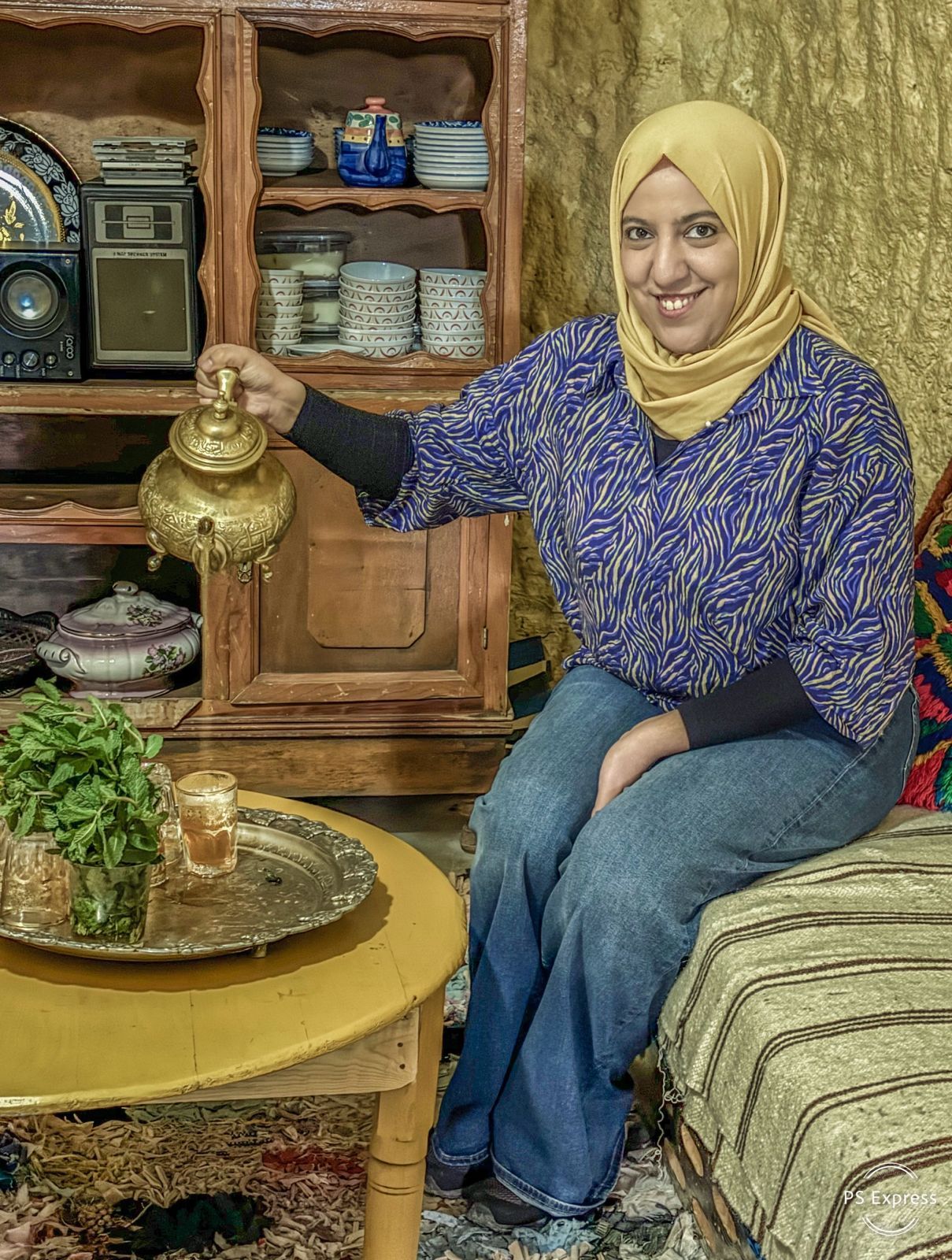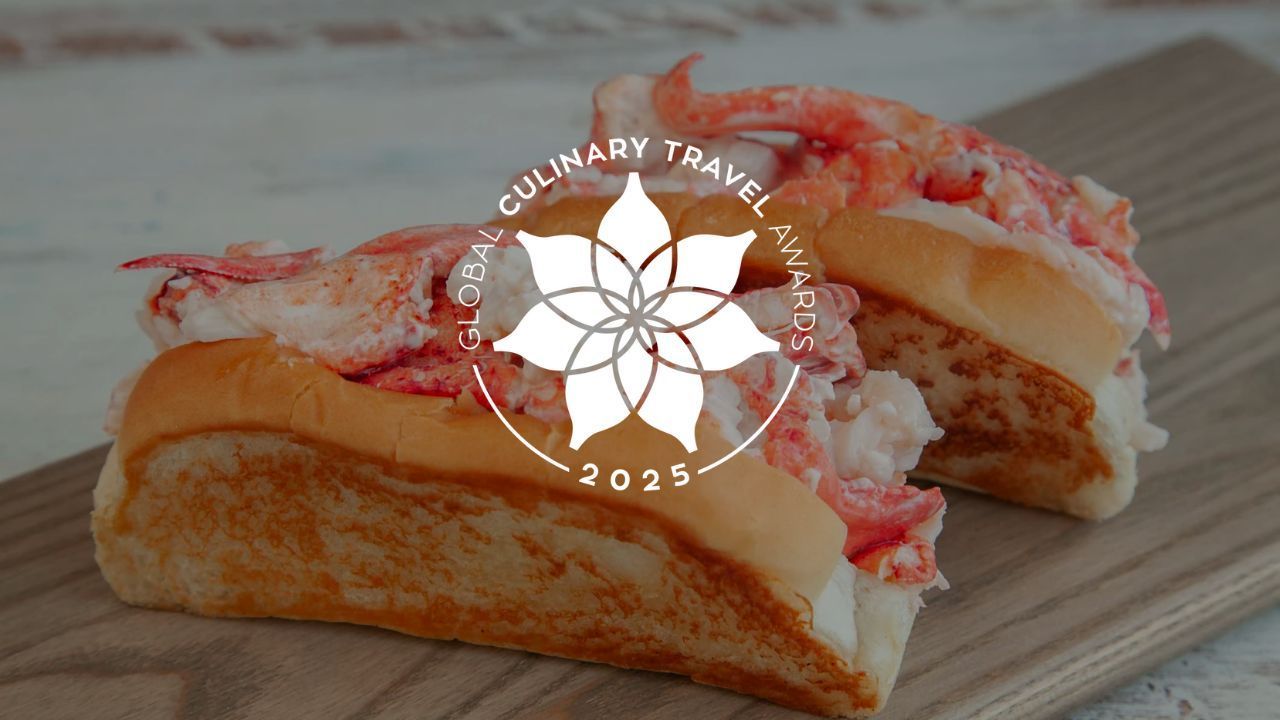What is your Apitourism strategy?

Apitourism helps more than just tourism!
Protecting a destination and its biodiversity is the ultimate step in sustainable tourism. We have all seen situations where destinations are negatively affected and continually under threat by a lack of attention to sustainability issues. Remember, destinations are the reason why tourism activities exist in the first place. So it is vital to protect their uniqueness by using their sustainable strengths. Slovenia is an excellent example of sustainable tourism because of its practical accomplishment of bringing apitourism into the picture.
At the World Food Travel Association, we continuously engage with businesses and tourism professionals by helping and working together to promote sustainability in food and beverage tourism. Our FoodTrex Global Summit taking place April 15-16, is an important way we work to achieve this.
Believe it or not, but apitourism or “bee tourism” is currently a fast-growing tourism niche around the world. The pandemic has made us all realise how crucial it is to protect our planet. Bees, as key pollinators in our food systems, have arguably the most important role in protecting the Earth and saving our planet’s biodiversity. And you may not have realized it yet, but bees are the main reason that destinations can offer the abundant natural beauty that blossoms with vibrant flora. Another notable fact about the beekeeping industry is that it does not require much investment, since nature is its principal investor.
Slovenia’s tourism industry constantly innovates with sustainable practices in tourism and hospitality. So it is no surprise that the Slovenian government was the first to introduce a strategy of integrating beekeeping and tourism. To honour its efforts in bringing the issue to light, Slovenia became the world’s first sustainable destination. It is also the world leader in Apitourism and the first country to provide certification for Apitourism providers.
The Slovenia Beekeepers Association acknowledged the importance of beekeeping in creating a sustainable future of the destination and came up with a World Bee Day campaign in 2014. This campaign came into existence to create awareness of the worsening threat to bees. This campaign had a global impact on the way beekeeping needs to be perceived. Currently, Slovenia has almost 10,000 beekeepers, 12,500 apiaries, and around 170,000 beehive colonies that reflect its continuous attention to sustain its growth.
Apitourism has been meeting the rising interests among travellers to want to live responsibly. They demand healthier and greener tourism activities, and Apitourism provides exactly that. This steadfast demand has helped the locals and beekeepers to take pride in their extensive bee-based adventures.
Apitourism activities are much more than just visiting a beekeeping venue. It offers multiple opportunities for tourists to learn not only the life of bees but the life and work of beekeepers. And honey tasting is the principal activity which keeps attracting a large number of visitors. It has driven innovation in recipes in syrups, wines, beers, and royal jelly. The growing numbers of visitors hunt to experience pure unadulterated organic honey combined with various other activities that all help to create memorable experiences. From Apitherapy, Apicuisine, Workshops, Beeswax candle making to visiting Bee Museums, all of these various activities resonate with their demand.
Destinations can offer an extensive range of honeybee tourism experiences by working together with their stakeholders, policymakers, researchers, beekeepers, and hospitality and tourism organizations to present the most unforgettable memories. The contributions that apitourism is making have been inspiring many destinations in designing Apitourism projects. Destinations such as Trinidad & Tobago, Greece, New Zealand, Italy, Uganda, and others are developing similar tourism products and experiences, both indoors and outdoors.
There are still many destinations that have resources and the willingness to initiate Apitourism. To drive them to the action stage requires the right tool that can lead to new products.
To help destinations and businesses achieve this goal, we have invited a speaker who has first-hand experience in Slovenia’s Apitourism efforts. Tanja Arih Korošec is the CEO and Founder of ApiRoutes. She is also the coordinator of the Apimondia & Apitourism working group, and she also represents a local government destination marketing organization. Tanja is very passionate about marketing and promoting Apitourism and her persistent vision is to enhance beekeeping tourism to protect destinations. Join us for this engaging session where Tanja will share her success story in Slovenia.
Written by Nivethitha Bharathi. Edited by Erik Wolf.











